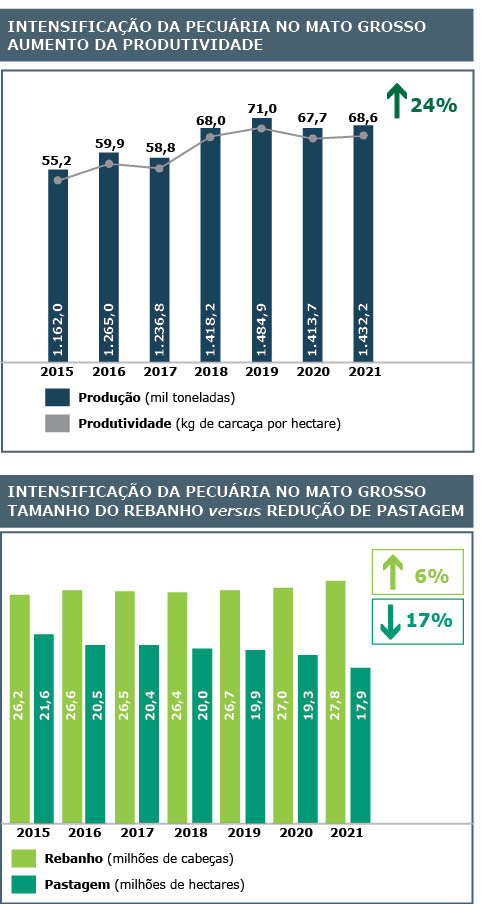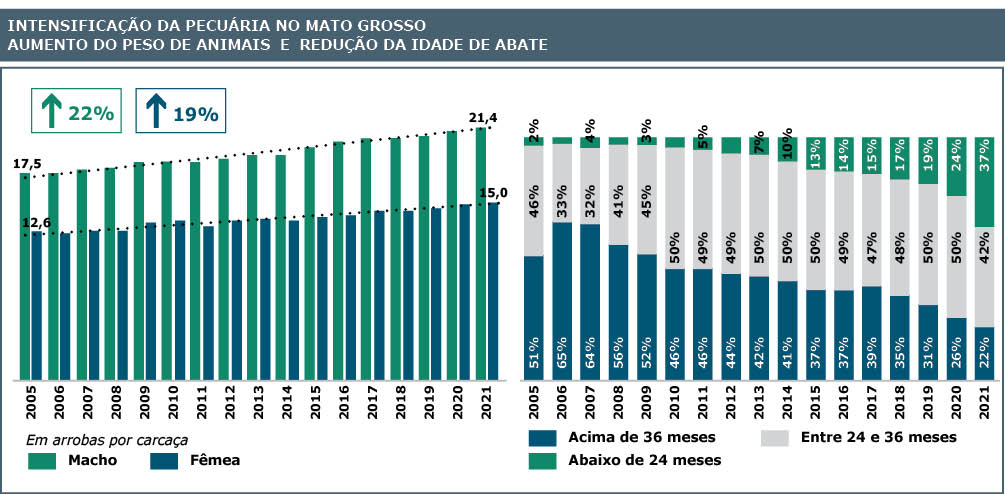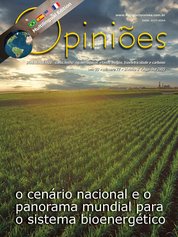Silvio Cézar Pereira Rangel
Presidente da Federação das Indústrias de Mato Grosso (FIEMT) e Presidente do Sindicato de Bioenergia de MT
OpAA77
Etanol: combustível que move e alimenta o mundo
A indústria do sistema bioenergético no Brasil tem ganhado destaque nas últimas décadas, especialmente no que diz respeito à produção de etanol. O país se destaca mundialmente como um dos principais produtores e exportadores desse biocombustível, impulsionado por uma combinação de fatores naturais, tecnológicos e políticos favoráveis.
Há alguns meses tive a honra de escrever para essa relevante publicação sobre a importância da bioenergia no desenvolvimento do Estado do Mato Grosso. Defendi que a produção de bioenergia é um caminho certo e seguro para a retomada do crescimento industrial e, consequentemente, do desenvolvimento econômico do país. Com uma demanda mundial por energia limpa, de fontes renováveis, a perspectiva para o setor bioenergético é muito positiva.
Neste novo artigo, vou abordar um outro aspecto ainda pouco conhecido pela sociedade sobre o setor de bionenergia: como o segmento tem contribuído para o crescimento da oferta de carne para o mundo, sem aumentar a área de pastagem. Num primeiro momento, para os não habituados ao assunto, esse tema parece não ter sentido. Mas “vamos começar pelo começo” a explicar isso.
O Brasil tem uma longa história na produção de etanol a partir da cana-de-açúcar. Iniciada na década de 1970, como resposta à crise do petróleo, a indústria brasileira de etanol passou por transformações significativas ao longo dos anos. Atualmente, é o segundo maior produtor mundial de etanol, atrás apenas dos Estados Unidos.
A principal matéria-prima utilizada para a produção de etanol no Brasil é a cana-de-açúcar, que tem sua produção concentrada no Centro-Sul do país. Essa escolha baseia-se na alta produtividade da cultura e na sua eficiência energética. Além disso, o clima favorável e os avanços tecnológicos no setor impulsionaram a produção, aprimorada com a eficiência do processo de fabricação.
A indústria de etanol brasileira apresenta várias vantagens competitivas em relação a outros países produtores. Entre elas, está a nossa matéria-prima cana-de-açúcar, uma das melhores para a produção do biocombustível, uma vez que possui alto teor de sacarose, o que torna o processo de conversão mais eficiente em relação a outras culturas.
 Somos o maior produtor do mundo de etanol a partir da cana-de-açúcar. Mas a partir de 2012, o cenário começou a mudar com o Brasil produzindo etanol também a partir de milho. Para o Mato Grosso, isso foi revolucionário, especialmente nos últimos cinco anos.
Somos o maior produtor do mundo de etanol a partir da cana-de-açúcar. Mas a partir de 2012, o cenário começou a mudar com o Brasil produzindo etanol também a partir de milho. Para o Mato Grosso, isso foi revolucionário, especialmente nos últimos cinco anos. Temos essa matéria-prima de forma abundante em nosso estado. O Brasil é o único lugar do mundo que produz duas safras na mesma terra, soja e milho. Logo após a retirada da oleaginosa, é plantado o cereal. As indústrias de etanol, hoje, não são mais apenas produtoras de etanol. Produzem, ao mesmo tempo, vários outros produtos valiosos.
Hoje em dia, tudo o que antes era chamado de “resíduo” é transformado num novo produto, sendo aproveitado e vendido comercialmente. E aí entra o DDG, coproduto originado no processamento do milho para obtenção de etanol, o qual está cada vez mais popular na dieta de bovinos no Brasil.
Diferente do farelo de milho, o DDG possui alto teor de proteínas e energia, eles são uma fonte valiosa de nutrição para o gado. A produção desse alimento altamente nutritivo se iniciou no estado em 2015 e tem crescido. Na safra de 2023/2024, produzimos 9,3 milhões de toneladas de DDG em Mato Grosso.
Neste mesmo período, de 2015 a 2024, o aumento da produtividade do rebanho cresceu, ao mesmo tempo que a área de pastagem diminuiu. A quantidade do rebanho cresceu 6%, enquanto a área de pastagem encolheu 17%. Enquanto isso, a produtividade (kg da carcaça por hectare) aumentou 24%.
Outro dado muito interessante é a relação entre idade média de abate e peso dos animais. Em 2015, o abate de bovinos com menos de 24 meses era de 2% do total da produção. Hoje esse índice, que impacta também na qualidade da carne, chega a 22%.
Os produtores têm investido em confinamento, usando o DDG das usinas de bioenergia para alimentar esses animais, fazendo uma engorda mais rápida e liberando áreas de pastagem para produção agrícola. Portanto, é com muito orgulho que dizemos que o etanol brasileiro é o combustível mais sustentável que existe, por ter baixa emissão de gás carbônico e ainda contribuir para o aumento da oferta de alimento e redução da área de pastagem, liberando para outras atividades e diminuindo chances de abertura de novas áreas.
A indústria do sistema bioenergético no Brasil, com foco na produção de etanol, tem uma posição sólida no mercado global, impulsionada por suas vantagens competitivas e pelo uso eficiente das suas matérias-primas. O setor brasileiro de etanol tem investido em tecnologia e pesquisa, buscando melhorias na produtividade.

Com décadas de experiência, o país desenvolveu uma infraestrutura sólida, incluindo usinas modernas, sistemas de transporte eficientes, uma cadeia logística bem estabelecida e podemos ter orgulho em defender, em qualquer lugar do mundo, que esse é o combustível do verde, do presente e do futuro. Nossa energia move o mundo e agora também ajuda alimentar o planeta.




